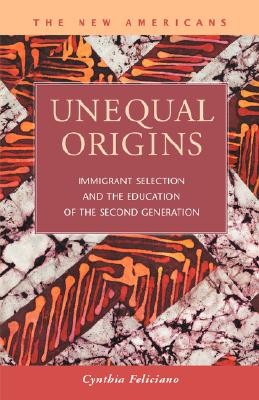
- We will send in 10–14 business days.
- Author: Cynthia Feliciano
- Publisher: LFB Scholarly Publishing
- Year: 2006
- Pages: 192
- ISBN-10: 1593323387
- ISBN-13: 9781593323387
- Format: 14 x 21.6 x 1.1 cm, minkšti viršeliai
- Language: English
- SAVE -10% with code: EXTRA
Reviews
Description
Feliciano examines how immigrants compare to those left behind in their origin countries, and how that selection affects the educational adaptation of children of immigrants in the United States. Her findings contradict the assumption that immigrants are negatively selected: nearly all immigrants are more educated than the populations in their home countries, but Asian immigrants are the most highly selected. This helps explain the Asian second generations' superior educational attainment as compared to Europeans, Afro-Caribbeans, or Latin Americans. The book challenges cultural explanations for ethnic differences by highlighting how inequalities in the relative pre-migration educational attainments of immigrants are reproduced among their children in the U.S.
EXTRA 10 % discount with code: EXTRA
The promotion ends in 21d.07:12:04
The discount code is valid when purchasing from 10 €. Discounts do not stack.
- Author: Cynthia Feliciano
- Publisher: LFB Scholarly Publishing
- Year: 2006
- Pages: 192
- ISBN-10: 1593323387
- ISBN-13: 9781593323387
- Format: 14 x 21.6 x 1.1 cm, minkšti viršeliai
- Language: English English
Feliciano examines how immigrants compare to those left behind in their origin countries, and how that selection affects the educational adaptation of children of immigrants in the United States. Her findings contradict the assumption that immigrants are negatively selected: nearly all immigrants are more educated than the populations in their home countries, but Asian immigrants are the most highly selected. This helps explain the Asian second generations' superior educational attainment as compared to Europeans, Afro-Caribbeans, or Latin Americans. The book challenges cultural explanations for ethnic differences by highlighting how inequalities in the relative pre-migration educational attainments of immigrants are reproduced among their children in the U.S.


Reviews